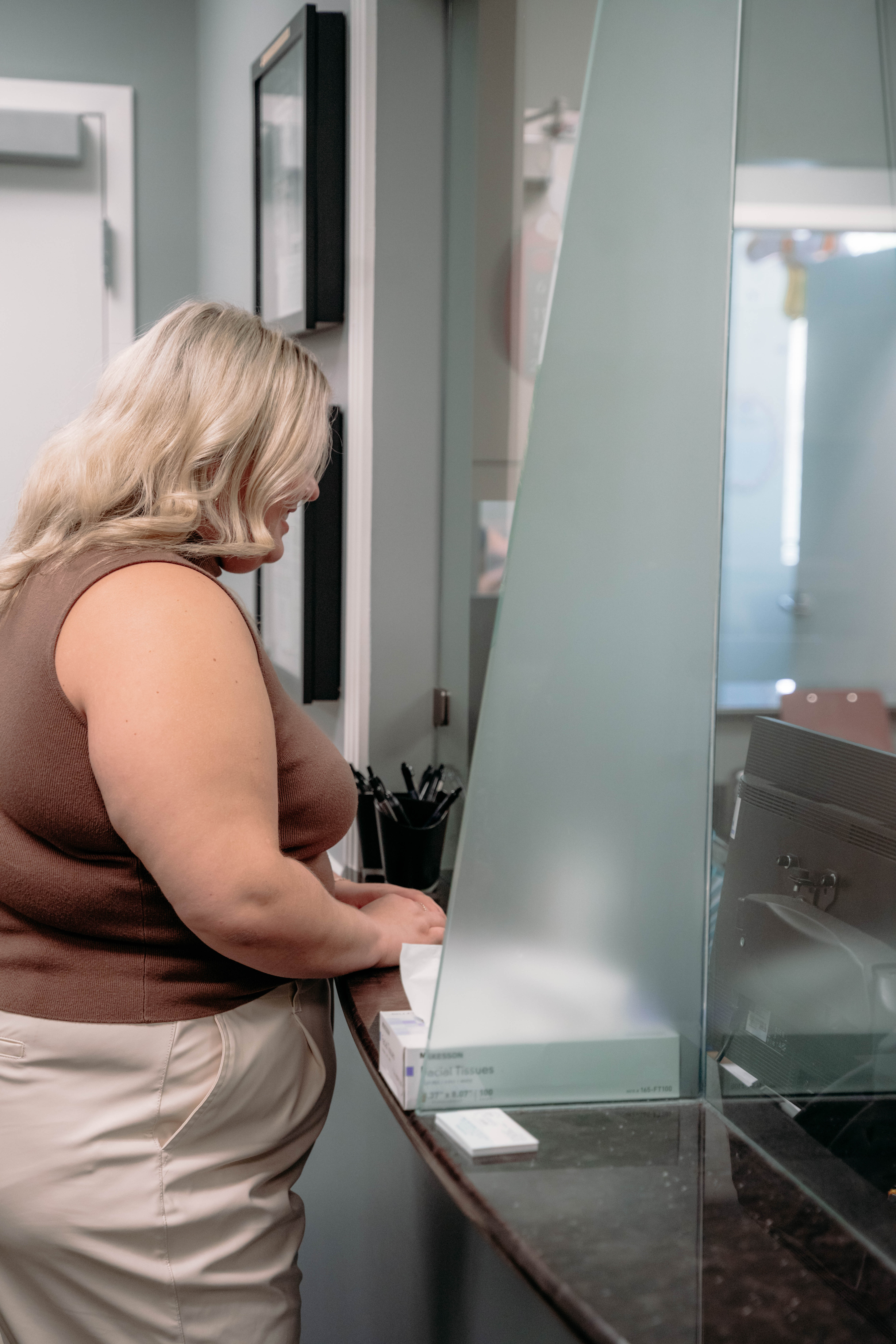Finding out you’re pregnant comes with a lot of changes — scheduling regular appointments with your OB-GYN, having to urinate constantly, looking for ways to sleep comfortably, to name a few. But, while all of these modifications are expected, 2020 has brought with it the coronavirus pandemic. It has lasted for most of the year, and its ending doesn’t seem to be anywhere in sight. To add insult to injury, there are reports of a possible second wave in the near future. If you’ve found yourself pregnant during these uncertain times, you’re probably feeling overwhelmed. Is there anything you can do to protect yourself and your baby?
Having a Safe Pregnancy During the Coronavirus Pandemic
Since COVID-19 is a relatively new virus, there isn’t much information about its effect on pregnancy. However, there is no data that indicates that pregnancy increases morbidity. That said, there are several things you can do to lower the risk of contagion for yourself and for your baby.
1. Practice Good Hygiene
Coronavirus is spread through small respiratory droplets. Any time someone breathes, talks, sneezes, or coughs, infected particles remain in the air around them. These droplets may also fall on surfaces and spread when you touch such surfaces, then touch your face. Therefore, continue the practice of frequently washing your hands for at least 30 seconds — particularly every time you leave your home.
2. Don’t Skip Your Prenatal Care
Prenatal care is essential to spot health issues early — and they are crucial to ensure your baby’s health. If you believe you may have been exposed to the virus, call your doctor about scheduling a telehealth consultation or rescheduling your existing appointment altogether. However, if you have maintained proper hygiene and adhered to social distancing rules, and don’t believe you have the virus, continue going to your appointments. Healthcare providers across the country have been taking measures to lower the risk of exposure during patient visits.
3. If You Have a Cough, Call Your Doctor
It’s crucial that you contact your primary care physician by phone. Do not visit their office — if you have COVID-19, you’ll want to limit the spread. And if you don’t have it, you don’t want to risk contracting it from a crowded waiting room. In addition, the American Collge of Obstetricians and Gynecologists (ACOG) has implemented telehealth resources for precisely this purpose.
4. Bypass the Baby Shower
While these events are fun occasions where you get to spend time with loved ones and celebrate the upcoming arrival of your baby, being in the company of large groups of people increases your risk of contracting the disease. Even if everyone you were planning on inviting feels fine, asymptomatic carriers can still transmit the virus. If loved ones want to send you a gift, they can always purchase one online and ship it to your home.
5. Maintain Social Distance
Sometimes, you just have to leave home to run an errand — or to breathe fresh air. If you do, cover your mouth and nose with a mask whenever you know there will be other people around you. And, even while wearing a mask, maintain at least six feet of distance between you and other individuals.
6. Take a Break From the News & Social Media
Your mental health is just as important as your physical health. Constantly listening to and watching bad news increases your levels of anxiety — which can affect the development of your baby’s brain. If you’re taking hygiene and social distancing measures, watching reports about how the illness is affecting the population outside can wait.
7. If You Think You May Have COVID-19, Tell Your Doctor Before/When You Go Into Labor
When you go into labor, call ahead to let them know that you believe you may have the virus so that the staff can get ready for your arrival and take appropriate measures to keep themselves and your baby protected. Keep in mind that while there are no reports about mothers transmitting the virus to their baby in utero, it is possible to transmit it once the baby is born. Therefore, it may be necessary to maintain your baby in a separate room from you until you’re tested for the virus.
Pregnancy Facts and Coronavirus
While taking precautions is essential to keep yourself healthy, there are common concerns about how COVID-19 may affect your baby if you do become infected. While the data available is limited, it’s also reassuring:
- COVID-19 has not been found in the amniotic fluid of infected women.
- Hospitals are taking every precaution to ensure a sterilized environment for women to give birth.
- There is no data to suggest that COVID-19 can be transmitted through breast milk.
- While there’s a small number of preterm births reported in women who have tested positive for COVID-19, there is no conclusive evidence that such early labors were due to the coronavirus.
If You’re Pregnant, OB-GYN Women’s Center Can Help
At OB-GYN Women’s Center, we aim to make all of our patients feel comfortable. And getting answers to all your questions is the first step in getting the treatment you need.
Contact us to schedule an appointment.




